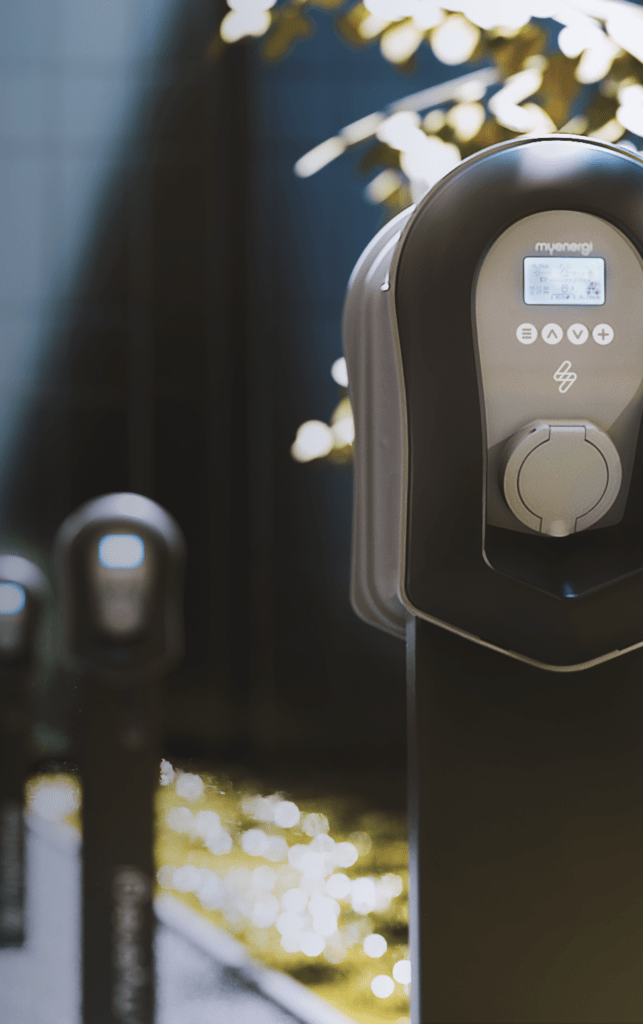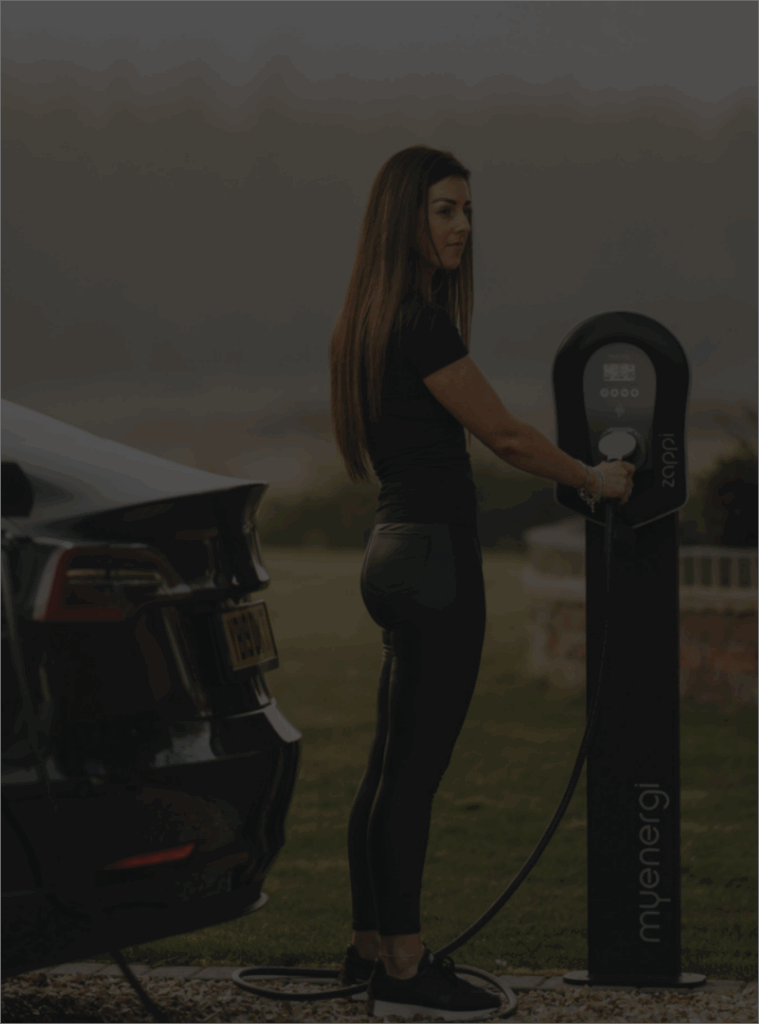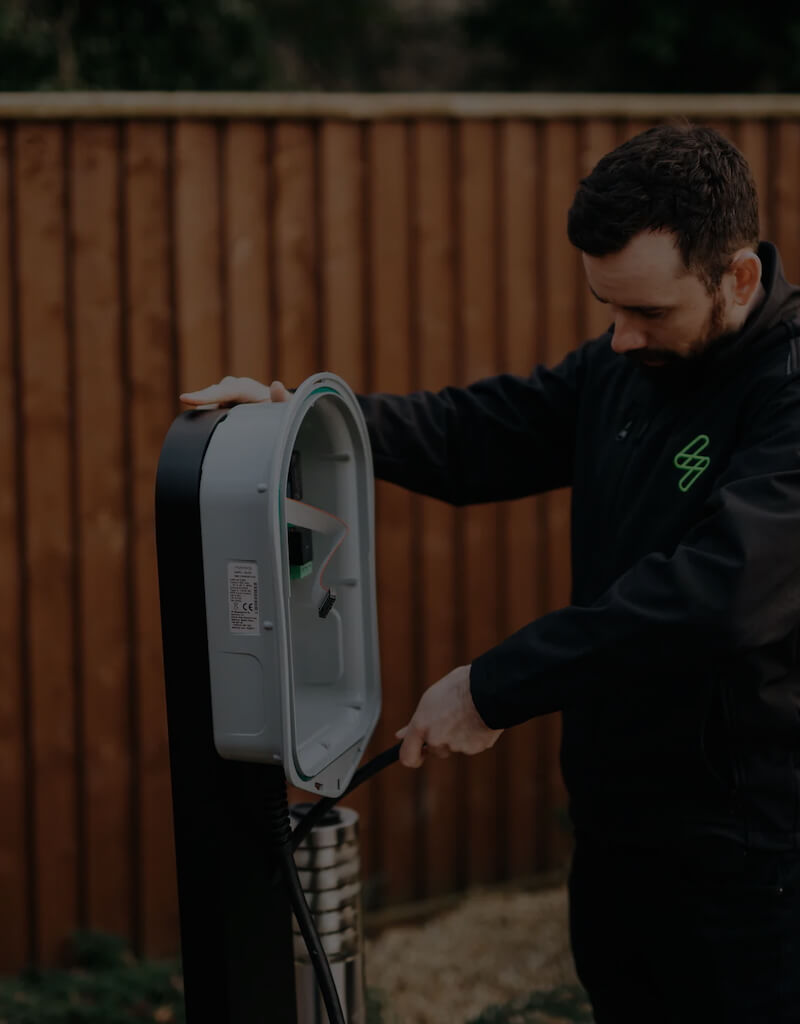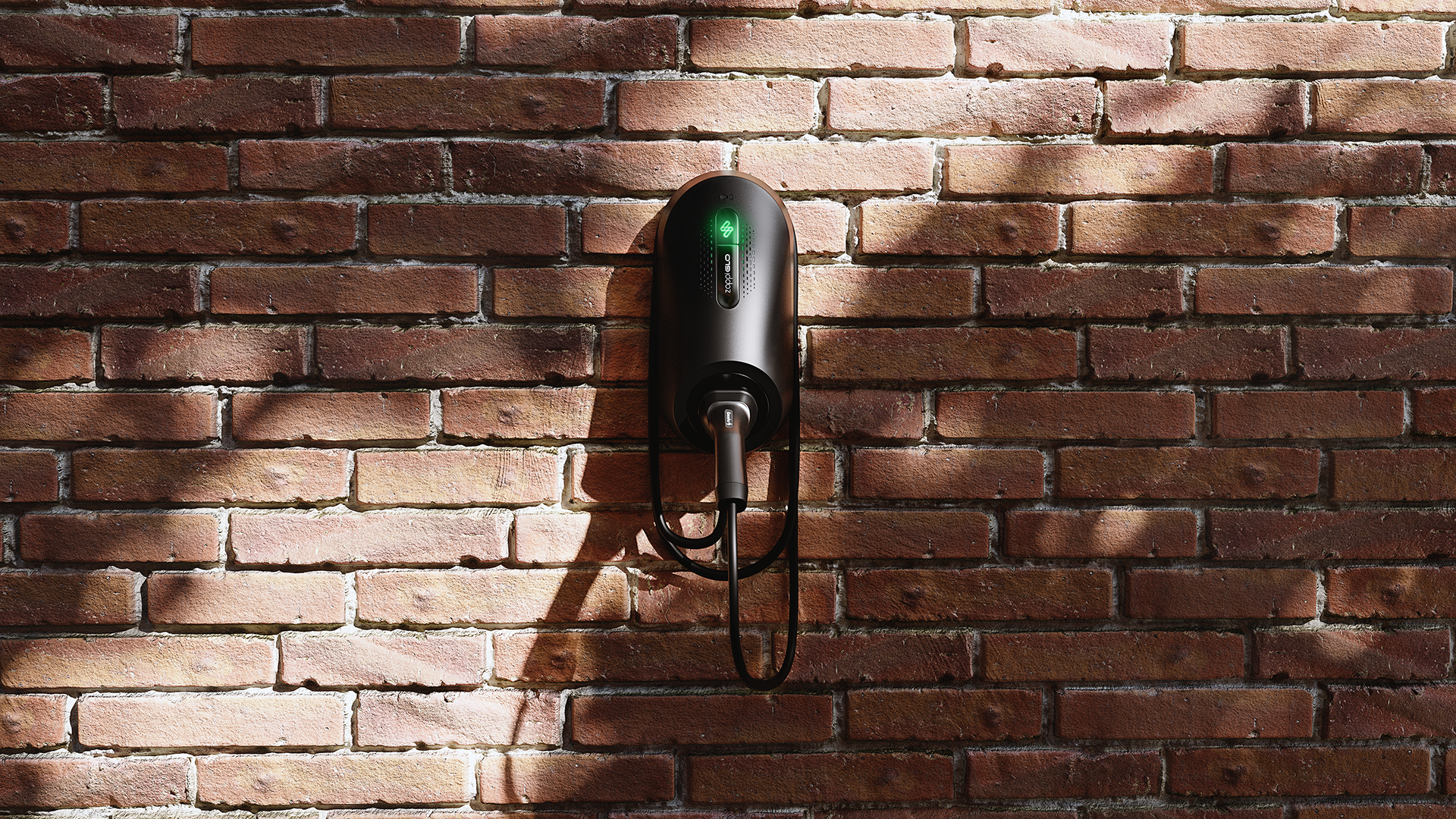
Power up your product inventory
Wholesale Stockists
Stock the UK’s leading smart energy tech and meet growing demand for renewables that are built to last. A full ecosystem of products; zappi and GLO EV chargers, the libbi battery system and eddi solar power diverter. All controlled through one app.
Stock Our Products
Complete the electric experience
Automotive Industry
Pair EVs with myenergi chargers and give buyers the home charging solution they actually want. With 0ver 500,000 products shipped worldwide, we’re ready to talk!
Supply Our Chargers
Tech that works with your tariff
Energy Suppliers
Deliver more value to customers with smart charging and energy management that adapts to your offering. Renewable energy is finally here, our products are ready, are you?
Utilise Our EcosystemAdd value to every home
Built Environment
EV chargers as standard for new homes, or bespoke solar-ecosystem solutions that boost curb appeal, and tick compliance boxes from day one.

Our EV chargers mean business
Commercial EV Charger
Whether zappi multiphase or GLO, our chargers are built with commercial application in their DNA. Discover how our chargers are a cut above the rest.
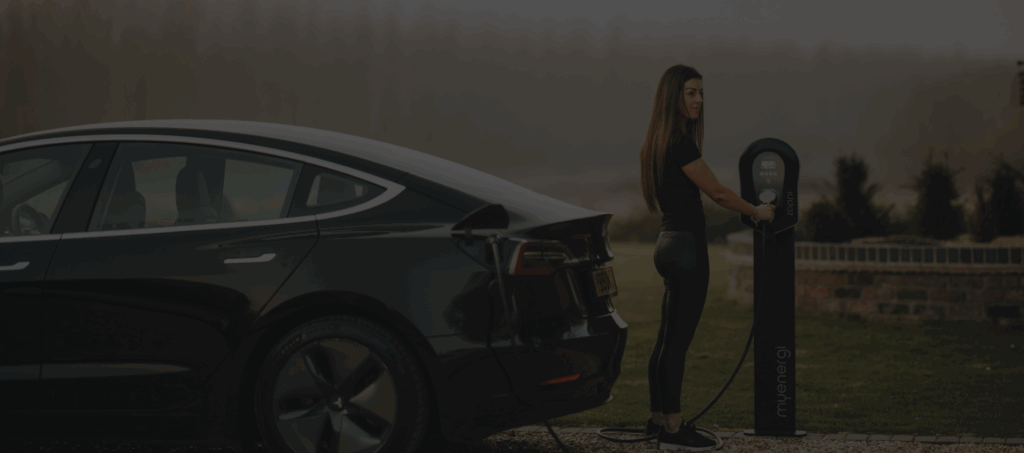
Your toolkit for the energy revolution
Installers & Engineers
Diversify your offering with products designed for simplicity, built for longevity – tech your customers will recommend again and again.

Answers to power your next move
Business Energy FAQs
Thinking of making the switch to smart energy solutions? Whether you’re installing EV chargers, exploring solar panels, or just want to know where to start – we’ve answered the questions UK businesses ask most.
The UK government offers generous support to help businesses embrace electric vehicle charging. Through the Workplace Charging Scheme (WCS), eligible businesses can claim up to £350 per socket for up to 40 charge points, helping to significantly reduce upfront installation costs. For SMEs looking to install charge points or future-proof their sites, the EV Infrastructure Grant for Staff and Fleets covers up to 75% of the infrastructure cost – up to £15,000 per site. Whether you’re supporting a growing EV fleet or providing staff charging facilities, these grants make it easier than ever to take your first step towards low-carbon transport.
Commercial EV charger costs can vary depending on the charger type and installation complexity. For standard workplace chargers in the 7kW to 22kW range, you’re typically looking at around £1,000 to £1,500 plus VAT per unit. If your business requires faster charging, rapid chargers of 50kW or more can cost upwards of £30,000.
It’s worth noting that additional costs like groundwork, cabling, or load balancing systems can affect the total price. But as more businesses make the switch to electric fleets or offer EV facilities on-site, these investments are becoming a key part of long-term energy and cost efficiency strategies.
Yes, in most cases, you’ll need approval from your local Distribution Network Operator (DNO) before installing an EV charger – especially if you’re installing multiple units or high-powered chargers. This process checks whether your local grid can handle the additional demand and ensures a safe, compliant installation.
Thankfully, many applications can be processed automatically via the ENA Connect platform, with decisions often returned in under 10 working days. Your installer will usually handle this step for you, making the process straightforward and hassle-free.
Solar panels are one of the smartest investments a business can make. By generating your own electricity, you can cut reliance on the grid, reduce energy bills, and improve your environmental credentials all in one go. For many businesses, the return on investment kicks in within 5 to 7 years, and with energy prices rising, that payback window is only getting shorter.
You can also earn extra by selling unused power back to the grid through schemes like the Smart Export Guarantee (SEG). Whether you’re powering offices, warehouses, or agricultural sites, solar helps you take control of your energy and carbon footprint.
While there aren’t many direct grants for solar panel installation, there are still valuable financial incentives for UK businesses looking to go solar. Capital allowances let you deduct the cost of installing solar technology from your taxable profits, lowering your overall tax bill. Through the Smart Export Guarantee, you can also earn revenue by exporting surplus electricity back to the grid.
In some areas, local councils or combined authorities offer funding or match-financing schemes to support low-carbon energy projects – so it’s always worth checking what’s available in your region. Combined, these incentives help offset the upfront cost and make solar a much more accessible solution for forward-thinking businesses.


